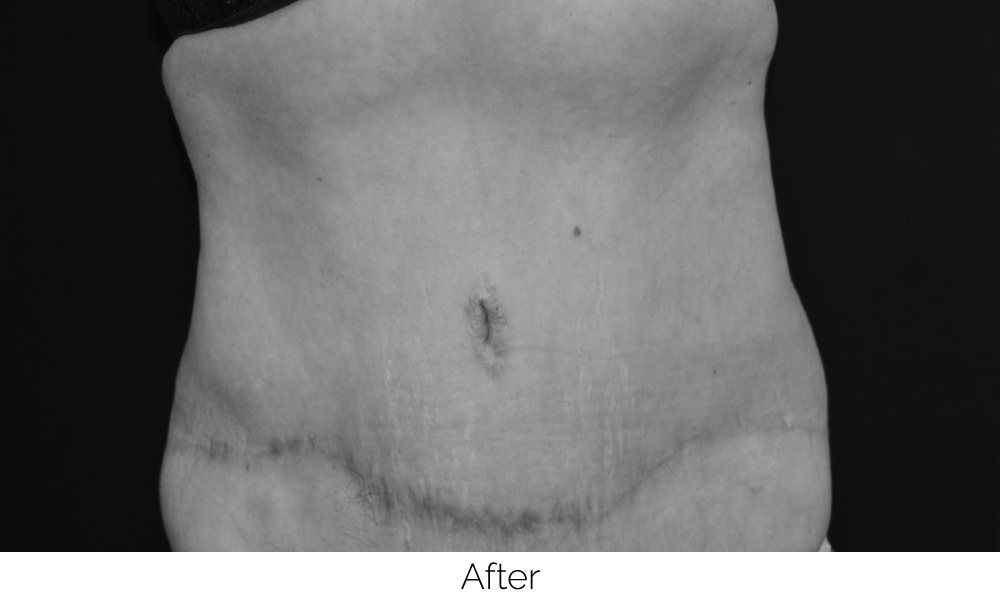With the reduced output of estrogen from older (post-menopausal) ovaries, the effect on vaginal tissues may be most disturbing. As the vagina ages the lining becomes thinner and more sensitive. The normal rugae, or folds, of the vaginal wall that accommodate an increase in size, are lost, forcing the thinned vaginal wall to stretch, rather than unfold, an uncomfortable sensation. A thin lining of the vaginal wall produces less lubrication, increasing friction, and more pain and discomfort.
The reduction in lubrication and the increased sensitivity is a general effect that occurs to some degree in almost all women. Some , however, are bothered much more, and some are not bothered at all. The majority of women appreciate the difference.
Vaginal lubricants, sold over the counter (Surgilube, K-Y jelly, or Replens) help to reduce friction, but will not build up the vaginal thickness or increase the normal vaginal lubrication. Even in women using hormone replacement, vaginal lubricants may improve coital comfort.
There are 2 aspects to vaginal size. One concerns the capacity of the upper vagina. The other is specifically related to the dimension of the vaginal opening. If the vaginal opening is diminished in size, so that it is painful, or impossible for the penis to enter, then having enough room in the upper part of the vagina, is of limited advantage. If the vaginal opening is large enough to accommodate the penis, then penile thrusting will usually help to enlarge the hormonally prepared upper vagina.
So what must be done? Small, but consistent applications of estrogen to the vagina should be started early, and continued with little interruption. If the size of the vaginal opening is too narrow for the partner, then a minor procedure can be carried out that will help to provide more room at this site.
Another example is the woman who has recently been widowed or divorced, who presents for routine, annual pelvic examination. The vagina has not been used for at least several months or years, related to decreasing vigor or illness of her partner, or deterioration of the relationship. The woman expresses no interest in maintenance of vaginal function. Life is full of examples when interest in sex is rekindled by a new, perhaps unexpected, relationship. Hormone applications to the vagina should be maintained in these women to prevent a loss of vaginal function that may be more difficult to re-establish in years or months to come.
There are no studies that suggest that small amounts of estrogen applied to the vagina are responsible for any increase in the incidence of breast cancer.


